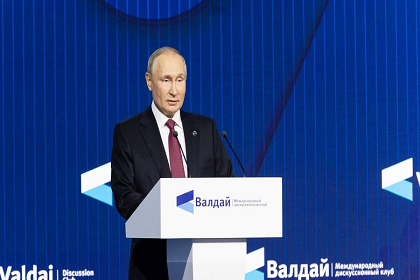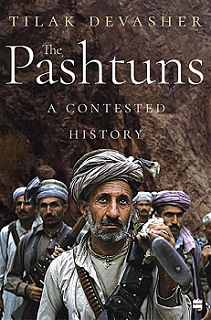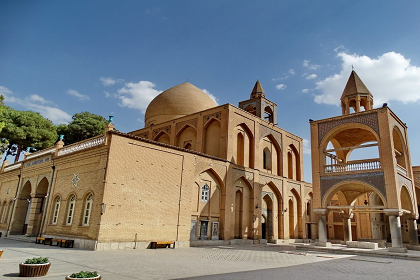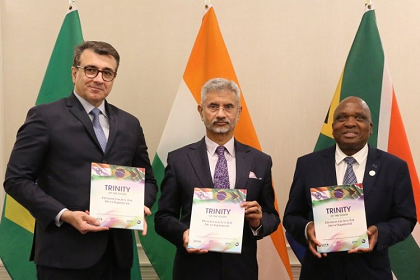G20 and Climate Change: Hegemony of Power to global support
India's G20 Presidency in 2023 will be the time of the global stocktake on climate change negotiations under the 2015 Paris Agreement and the upcoming COP28. It's an opportunity for the G20 troika of Indonesia, India and Brazil to move the needle on the key challenge of climate financing and turn the G-20 away from hegemonistic power control to being a global support mechanism.

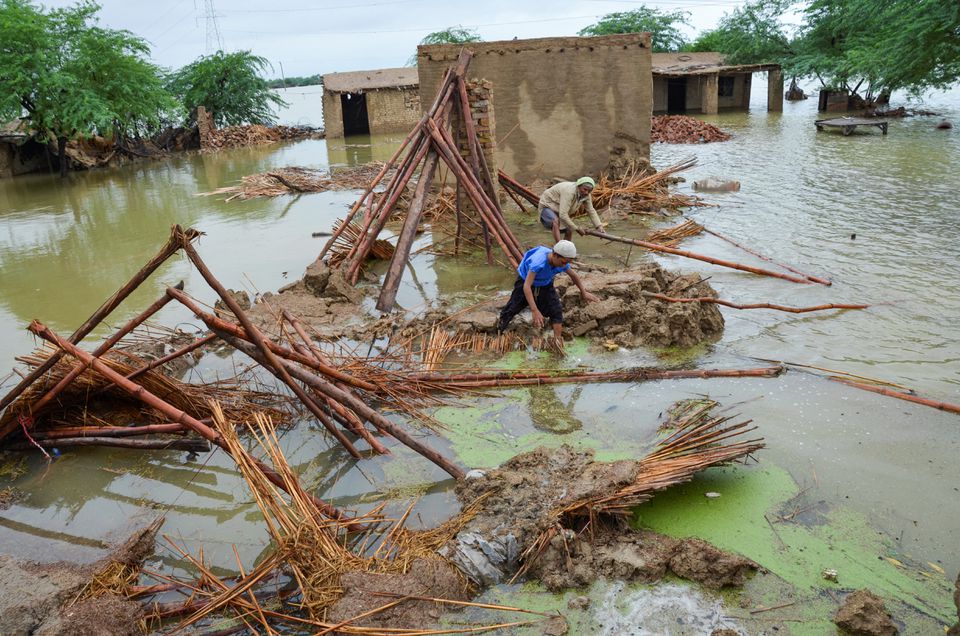
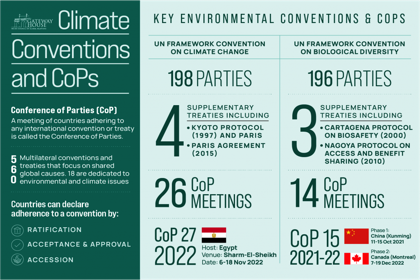
![Members of a pro-Russian association support a decision of the Kharkiv city council to make the Russian language official in the city. From left to right, their placards say: "[City] Councillors! Ensure language equality. Don't forsake your fellow Slavs!" "For half of the population of Ukraine - Russian is a native language!" "Authorities - bring back the Russian [language] schools!" "Russian language [is] not foreign! And we [are] not foreigners!"](https://www.gatewayhouse.in/wp-content/uploads/2022/11/Russian-protests.png)
